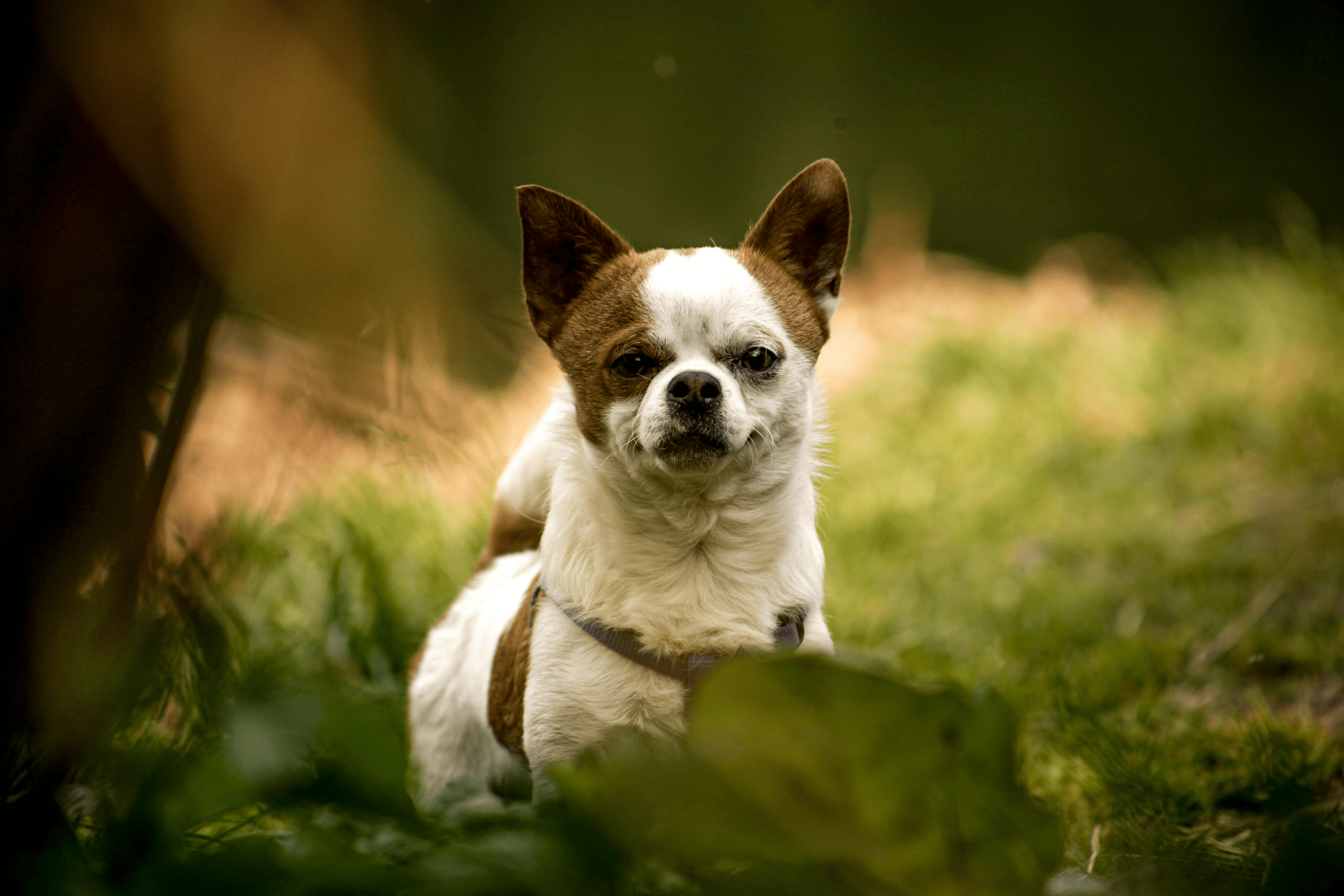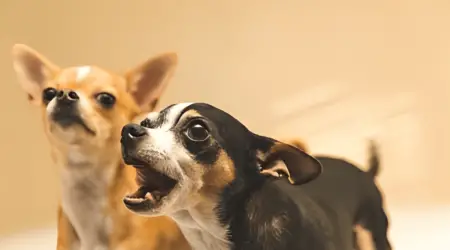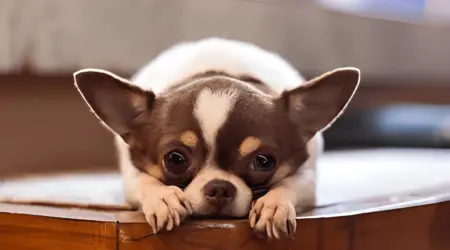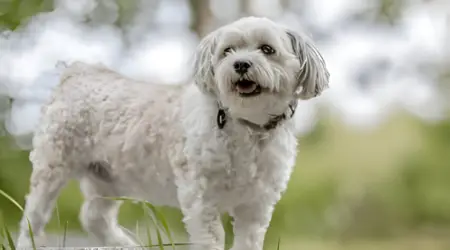Why Are Chihuahuas So Small: Helps & Guide
Chihuahuas, those tiny bundles of energy and sass, captivate our hearts with their diminutive size and big personalities. But have you ever wondered why these pint-sized pups are so small compared to other breeds? In this blog post, we’ll explore the fascinating history, genetics, and environmental factors that have contributed to the unique size of Chihuahuas.
From ancient civilizations to modern breeding practices, join us on a journey to uncover the secrets behind why Chihuahuas are the smallest dogs in the world.
Historical Background
However, it wasn’t until the arrival of the Spanish conquistadors in the 16th century that Chihuahuas gained wider recognition. The conquistadors encountered small native dogs kept by the Aztecs, who believed they possessed mystical qualities. These dogs were eventually bred with European toy breeds, resulting in the Chihuahua we know today.
Selective breeding by fanciers in the 19th and 20th centuries further refined the breed’s size and characteristics, solidifying their status as one of the smallest dog breeds in the world. This historical journey illuminates the deep roots of the Chihuahua’s small size and the cultural significance it has held throughout the ages.

Adaptations and Environmental Factors
- Versatility in Living Spaces:
Chihuahuas are adaptable to different living environments, from bustling urban apartments to spacious rural homes. Their diminutive size allows them to comfortably reside in a variety of settings, making them ideal companions for individuals with diverse lifestyles. - Energy Efficiency:
Small size often translates to lower energy requirements. Chihuahuas are known for their boundless energy, but their petite stature means they can get sufficient exercise even in confined spaces. This adaptability makes them suitable for households with limited outdoor areas. - Stealth and Agility:
Chihuahuas’ small size enhances their agility and maneuverability. This makes them adept at navigating through various terrains, a trait that might have been advantageous in their historical role as companion animals in ancient civilizations.
Cultural and Societal Perceptions
Ancient Companions to Modern Icons:
- Mexico’s Treasure: In their homeland, they’re revered for their ancient lineage and deep cultural significance, even holding spiritual importance in pre-Columbian civilizations.
- Hollywood Hounds: From Taco Bell’s Gidget to Beverly Hills Chihuahua, their quirky charm has graced the silver screen, solidifying their image as stylish and sassy companions.
- Fashionable Furballs: Carried in designer handbags and sporting custom outfits, some view them as pampered accessories, sparking debates about responsible pet ownership.
Perceptions and Stereotypes:
- Fierce and Feisty: Their bold barks and protective nature paint them as fearless warriors, sometimes leading to underestimation of their needs and training requirements.
- Delicate and Fragile: Their diminutive stature exacerbates worries about fragility, which can occasionally result in overprotection and a loss of social and physical chances.
- Yappy and Annoying: Negative portrayals in media and encounters with poorly trained individuals contribute to these unfair stereotypes, ignoring their intelligence and trainability.
Also Read: Why Are Chihuahuas So Annoying: Helps & Guide
In Short
The small size of Chihuahuas is a result of a fascinating interplay between genetics, historical influences, environmental adaptations, and societal perceptions. From their ancient origins in Mesoamerica to their modern-day status as beloved companions, Chihuahuas have captivated our hearts with their petite frames and larger-than-life personalities.
Understanding the factors that contribute to their small size not only enriches our appreciation for this remarkable breed but also underscores the importance of responsible breeding practices and compassionate care. As we continue to cherish and celebrate Chihuahuas, let us remember to value them for the unique individuals they are, beyond their diminutive stature.












Leave a Reply